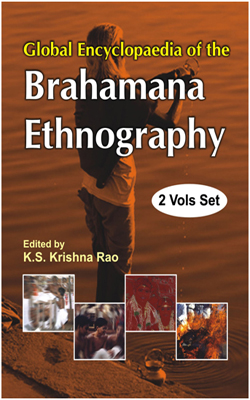Description
About the Book
The Social Contract or Principles of Political Right is one of the famous books of Rousseau in which he theorized about the best way to set up a political community in the face of the problems of commercial society. His central argument in the Social Contract is that government attains its right to exist and to govern by “the consent of the governed.” Today this may not seem too extreme an idea, but it was a radical position when the Social Contract was published.
The Social Contract is one of the single most important declarations of the natural rights of man in the history of Western political philosophy. It introduced in new and powerful ways the notion of the “consent of the governed” and the inalienable sovereignty of the people, as opposed to the sovereignty of the state or its ruler(s). It has been acknowledged repeatedly as a foundational text in the development of the modern principles of human rights that underlie contemporary conceptions of democracy.
About the Author
Jean-Jacques Rousseau was a Genevan philosopher, writer, and composer of the 18th century. His political philosophy influenced the French Revolution as well as the overall development of modern political, sociological, and educational thought. His novel Émile is a treatise on the education of the whole person for citizenship. His sentimental novel Julie was of importance to the development of pre-romanticism and romanticism in fiction. His autobiographical writings exemplified the late 18th-century movement known as the Age of Sensibility, and featured an increased focus on subjectivity and introspection that later characterized modern writing. His Discourse on the Origin of Inequality and On the Social Contract are cornerstones in modern political and social thought. Rousseau was a successful composer of music, who wrote seven operas as well as music in other forms, and made contributions to music as a theorist.











Reviews
There are no reviews yet.